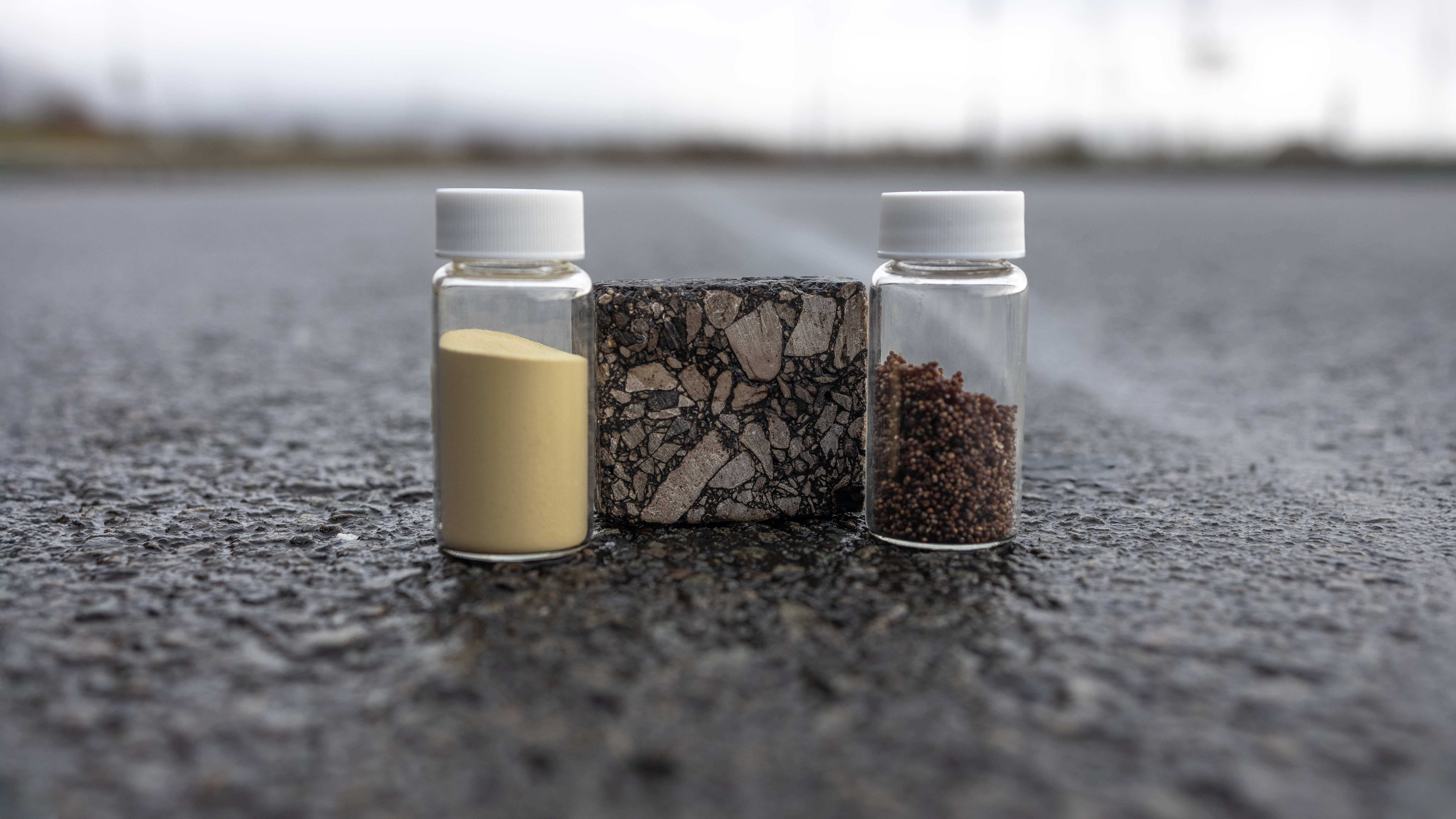A research team comprised of experts from Swansea University, King’s College London, and scientists in Chile are designing a new type of self-repairing asphalt that can repair its own cracks without the need for human intervention or maintenance.
Cracking occurs when bitumen – the sticky black substance in asphalt – hardens due to oxidation, although the exact processes behind this are not fully understood.
Following an extensive research programme, the scientists discovered a method to reverse cracking and develop techniques to ‘stitch’ the asphalt back together, leading to more durable and sustainable roads.
Throughout the research, machine learning, a form of AI, was used to analyse organic molecules in complex fluids like bitumen.
Scientists from the group then created a new data-driven model to speed up atomistic simulations, advancing understanding of bitumen oxidation and crack formation.
As a part of the development stage, they worked with Google Cloud to simulate bitumen’s behaviour on a computer.
To enable the asphalt to ‘self-heal’, the team introduced tiny, porous materials, filled with recycled oils, to release their contents when the asphalt starts to crack, helping to repair the damage.
In laboratory tests, this innovative asphalt material successfully healed a microcrack in less than an hour.
 Examples of biobased spore microcapsules (left) and waste-based capsules (right) for self-healing asphalt. In the centre, is a sample of asphalt mixture. Credit: Swansea University
Examples of biobased spore microcapsules (left) and waste-based capsules (right) for self-healing asphalt. In the centre, is a sample of asphalt mixture. Credit: Swansea University
Dr Norambuena-Contreras’ current research into bio-based encapsulated solutions for asphalt self-healing also includes creating capsules from biopolymers derived from brown algae and recycled cooking oils.
The Senior Lecturer in the Department of Civil Engineering at Swansea University, said: "As part of our interdisciplinary study, we have brought together experts in civil engineering, chemistry, and computer science, combining this knowledge with the state-of-the-art AI tools of Google Cloud.
“We are proud to be advancing the development of self-healing asphalt using biomass waste and artificial intelligence.
“This approach positions our research at the forefront of sustainable infrastructure innovation, contributing to the development of net-zero roads with enhanced durability."
Dr Francisco Martin-Martinez, an expert in computational chemistry at King’s College London, commented: “In our research, we want to mimic the healing properties observed in nature. For example, when a tree or animal is cut, their wounds naturally heal over time, using their own biology.
“Creating asphalt that can heal itself will increase the durability of roads and reduce the need for people to fill in potholes.
“We are also using sustainable materials in our new asphalt, including biomass waste. This will reduce our dependence on petroleum and natural resources. Biomass waste is available locally and everywhere, and it is cheap.
“Producing infrastructure materials from local resources like waste reduces the dependence on petroleum availability, which helps those areas of the world that have limited access to petroleum-based asphalt.”
RAC head of policy Simon Williams said: “This is just the kind of innovation we need to ensure the quality of our roads in the future. But it’s important to realise it will be a long time before this self-healing bitumen could make a difference to the pothole plague that drivers endure on a daily basis as it would only be used when completely resurfacing roads.
“What we badly need is for more councils to do the basics right by regularly surface-dressing their roads. This prevents potholes appearing in the first place by sealing cracks and stopping water getting in. The fact so many councils haven’t carried out any of this vital preventative maintenance is a major part of why our local roads are in such a poor state.”

SALE – up to 40% off*
Roadside & Recovery from £5.29 a month*
• Cheaper than AA Price Promise or we’ll beat by 20%^
• We get to most breakdowns in 60 mins or less
• Our patrols fix 4/5 breakdowns on the spot










